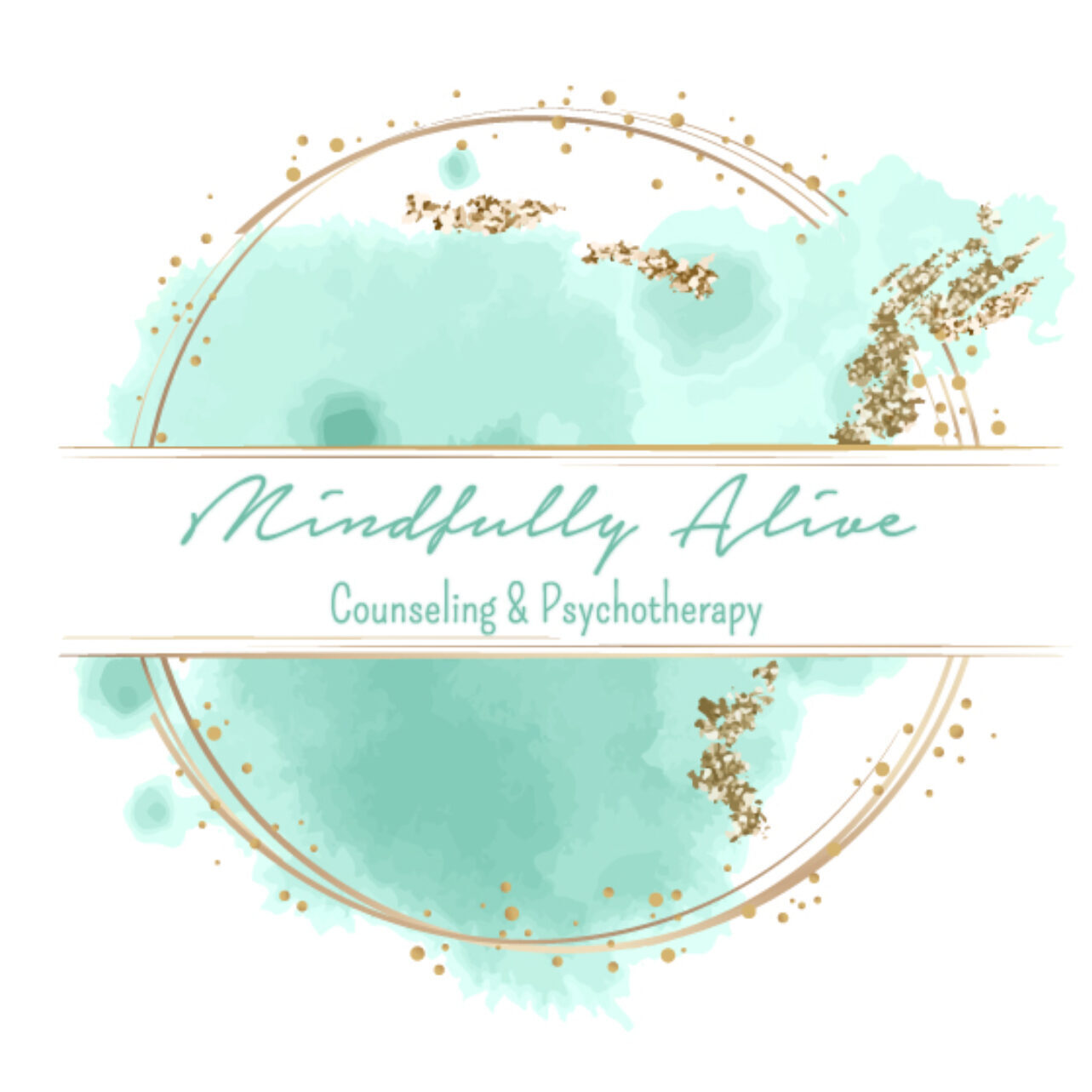free yourself from obsessive compulsive disorder (OCD)
Everyone worries sometimes. However, when normal stress turns into anxiety and OCD, the worry, obsessions and associated repetitive actions can become overwhelming enough to interfere with a sense of wellbeing and impact quality of life. OCD refers to both undesirable thoughts and repeated behaviors (compulsions) meant to reduce anxiety.
common symptoms of OCD include:
Experiencing unwanted thoughts
Finding it difficult to concentrate on other tasks because of these upsetting thoughts
Fear you’ve hurt someone because you weren’t careful enough
Worrying that you will harm someone because you will lose control
Having violent intrusive thoughts or images that worry you that you might be a dangerous person
Worrying about germs and contamination and washing your hands frequently
Feeling like you have to do repetitive activities to deal with the stress of your thoughts
Feeling as though you have to touch things in a particular order or arrange things in a specific way
Feeling like you have to check to make sure doors are locked, or that you didn’t leave the stove on more than a few times
Seeking relief by repeating a word or phrase in your mind or counting to a certain number
Oftentimes, people struggling with OCD know that the thoughts and behaviors they’re experiencing are irrational, however it is very difficult to not engage with them- feeling like there is no choice. Not only are these thoughts exhausting, but the accompanying compulsions and rituals can be too much and you might forgo some life experiences altogether. Avoiding situations that are unpredictable or uncertain can become really tempting as risk, spontaneity and the unknown can feel too unsafe.
Don’t waste one more day suffering silently – OCD is highly treatable
While obsessions and compulsions can cause extreme torment, OCD is highly treatable. OCD is a disease of thinking- if you don’t have thinking, you don’t have OCD. Because we can’t stop thinking, we must change the relationship we have with our thoughts. The primary focus in treatment with us, will be to make systematic change to your reactions to disturbing thoughts and feelings and explore your relationship to fear and control. Furthermore, we strive to empower you with straightforward, empirically backed tools to make lasting and meaningful change.
We’ve found that working with mindfulness in our treatment of OCD provides our clients with a sense of detachment from their thoughts as well as an acceptance of feelings. Mindful awareness creates a sense of separation from the thoughts- a witness or observer of the thought giving you a choice to follow the train of thought or to just observe it (“oh, here is that thought again”).
Secondly, understanding how thoughts create feelings and what provides actual relief versus what behaviors or thoughts exacerbate or feed anxiety can mitigate OCD symptoms as well. OCD operates under the premise that “if I can figure things out in my head or if I can rearrange things perfectly in the world, then the feeling in my body will change”. BUT once our clients accept feeling anxiety/doubt/worry/uncertainty without trying to make it change or go away, then they are really breaking free from the grips of OCD. This newfound sense of choice and control has been shown to provide tremendous solace to our clients.
In addition to the above cognitive behavioral interventions and mindfulness tools, EMDR may also be a helpful aide in reducing symptoms of OCD. Research has shown that EMDR is an effective intervention as each obsession and compulsion is reprocessed as an ongoing trauma and this can reduce the fear at the core of the obsessions.
Finally, because lasting change and working with the root cause of any symptom is our mission at Mindfully Alive, we may also work with your unconscious and other material in your psyche that is not directly accessible or obvious. This may include exploring whether there are obscure meanings to the obsessions or compulsions, or whether there is a veiled function to the obsessions or ritualized behaviors (such as self-soothing or even self-punshiment).
Although the vicsceral responses are very real, the thoughts that your OCD conjure up are not you, and the scenarios they present are not real. OCD is a disorder of doubt. Let’s tackle this doubt together and find true freedom from OCD.
Contact us today to learn more about how OCD therapy can help you.
We specialize in treating OCD
All of our therapists at Mindfully Alive are highly trained professionals who are constantly keeping up with the latest developments in research for the treatment of OCD. We are highly committed to not only resolving the immediate impact that OCD has on your life, but to uncover the underlying driving force at it’s origin to ensure that OCD does not come back in another form. OCD can make a person lose sight of what matters, of what gives a sense of meaning and purpose in life; of your values, trust in yourself and trust in life itself.
We equip ourselves with as much current knowledge as possible because we know that what works for one person may not work for another. We spend time getting to know you and offer you the most individualized intervention for your unique needs.



